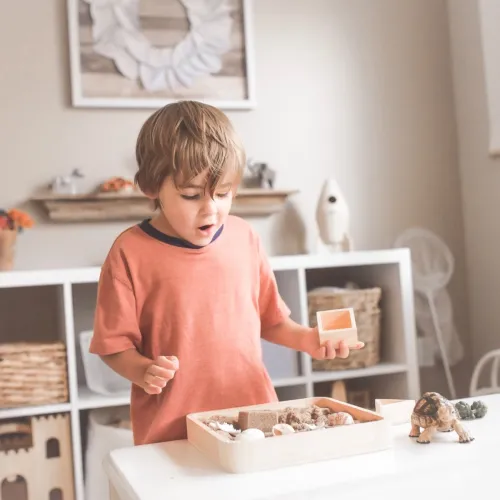Red Flags that a Child is Playing Parents Against Each Other

It doesn’t take some children very long to realize the advantages of playing parents against each other to get what they want. After a few years of being on this earth, children start to realize that just because dad said no doesn’t mean that mom will say no (or vice versa).
Toddlers often see the world in almost magical terms where they just ask for something and then it will appear. To children this age, parents are the great providers in charge of giving them anything they need at all times – no matter how difficult.
Approaching each parent separately
This is the easiest indicator that your child might be trying to play parents against each other. A child might even tailor the request specifically to each parent to increase the chance of acceptance. They will look for soft spots and interests that align with that parent’s sensibilities to get what they want. For example, if mom said no to staying up late to watch a movie maybe dad will say yes because he’s been wanting to watch that movie for a while.
Good cop, bad cop
Sometimes one parent will give in easier to requests so your child might focus their energy on convincing that parent instead. If you have one “pushover parent” then you might want to consider getting your child to request things in front of both parents. Or the easily influenced parent can tell the child they will think about it and discuss the idea with the other parent. Important decisions should be made after both parents have weighed the pros and cons together.
Divorce
Children are easily influenced at a young age and parents that are separated or getting a divorce can sometimes try to win the support of their children through gifts. This is a bad path to your child’s love and something that should be avoided at all costs.
While a small amount of manipulation by a child is normal and even healthy, if it becomes constant, then it could indicate long-term problems. Pitting parents against each other may be a child’s response to tension among parents. This is why this manipulation can be prevalent among kids whose parents are divorced or separated.
Important things to remember
Some parents will use their children to apply emotional pressure on each other, and this is not recommended. For example, instead of having the entire family discuss plans for the weekend, one parent may approach a child and get them to endorse their particular plan. This will only teach your child that manipulating people is acceptable behaviour.
Remember that children will often be reassured when they fail at testing their parents when pitting them against one another. Children will get the sense of security that comes along with predictable parental limits, but they may continue to test you from time to time. When your child makes their most insistent tests, they are likely in need of the most reassurance from you.
Article written by: Gary Kohler of Life Cover.ca.



